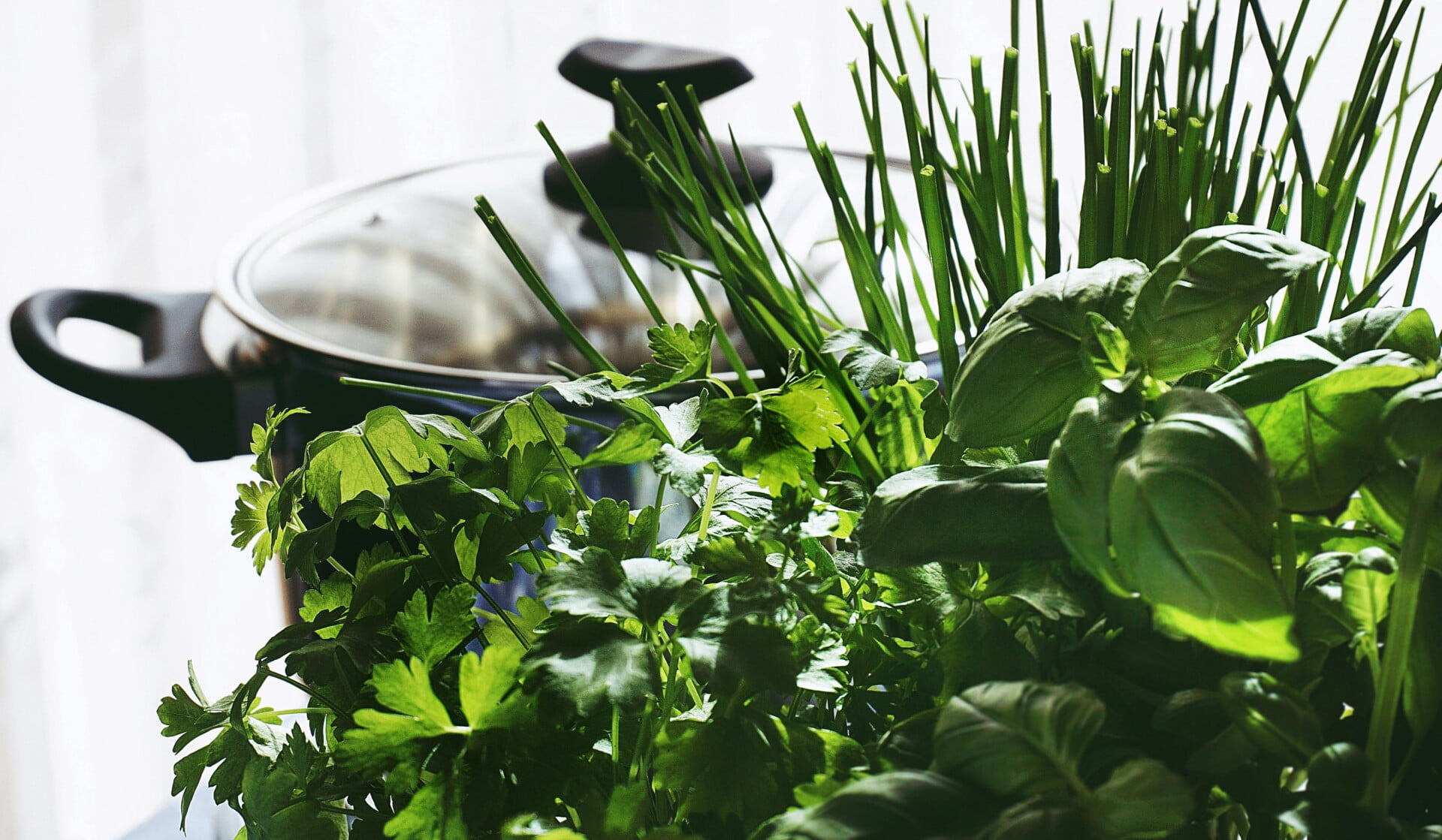What Herbs Can Repel Pests in Rooftop Gardens?
Have you been struggling to keep pests away from your rooftop garden? Using herbs as a natural pest repellent can be a great solution! Discover which herbs can help repel pests in your rooftop garden and create a harmonious environment for your plants to thrive.
Benefits of Using Herbs as Pest Repellents
Using herbs as pest repellents in your rooftop garden offers a range of benefits. Not only are herbs natural and environmentally friendly, but they can also add beauty and fragrance to your garden. Additionally, herbs are easy to grow and maintain, making them a convenient option for pest control in rooftop gardens.
Why Should You Choose Herbs Over Chemical Pest Control?
Chemical pest control methods can harm beneficial insects, pollinators, and other wildlife in your rooftop garden. By using herbs as a natural pest repellent, you can protect these essential garden allies while effectively deterring pests. Herbs also add aesthetic value to your garden and can be used for culinary or medicinal purposes, making them a versatile and sustainable choice for rooftop pest control.

Top Herbs That Repel Pests in Rooftop Gardens
Certain herbs are known for their pest-repelling properties and can help keep unwanted insects away from your rooftop garden plants. Here are some of the top herbs that can effectively repel pests in rooftop gardens:
1. Lavender
Lavender is not only prized for its calming fragrance but also for its ability to repel pests such as mosquitoes, flies, moths, and fleas. Planting lavender in your rooftop garden can help keep these insects at bay while adding a touch of beauty and elegance to your outdoor space.
2. Mint
Mint is a versatile herb that can deter ants, aphids, fleas, and even mice. Its strong scent acts as a natural insect repellent, making it an excellent choice for pest control in rooftop gardens. Mint is also easy to grow and can spread quickly, creating a lush carpet of greenery in your garden.
3. Basil
Basil is not only a popular culinary herb but also a potent pest repellent. It can deter pests such as mosquitoes, flies, and spider mites while adding flavor to your dishes. Planting basil in your rooftop garden can help protect your plants from damage caused by these insects and enrich your garden with its aromatic leaves.
4. Rosemary
Rosemary is a fragrant herb known for its ability to repel pests like mosquitoes, carrot flies, and cabbage moths. Its woody stems and needle-like leaves release a pungent scent that can deter insects from damaging your plants. Growing rosemary in your rooftop garden can provide both pest control benefits and culinary inspiration.
5. Chives
Chives are a member of the onion family and are effective at repelling pests such as aphids, beetles, and carrot flies. Their pungent aroma can help protect your rooftop garden plants from infestations while adding flavor to your recipes. Chives are easy to grow and can thrive in containers or garden beds, making them a practical choice for rooftop pest control.

How to Use Herbs for Pest Control in Rooftop Gardens
Now that you know which herbs can repel pests in rooftop gardens, it’s essential to understand how to use them effectively for pest control. Here are some tips on how to incorporate herbs into your rooftop garden for natural pest repellent:
Plant Herbs Near Vulnerable Plants
To maximize the pest-repelling benefits of herbs, plant them near vulnerable plants or in insect-prone areas of your rooftop garden. This will create a natural barrier that deters pests from attacking your plants and helps maintain a healthy garden ecosystem.
Make Herbal Sprays
You can make herbal sprays using dried or fresh herbs to spray on your rooftop garden plants. Simply steep the herbs in water, strain the mixture, and pour it into a spray bottle. Use the herbal spray to mist your plants regularly, providing them with a protective shield against pests.
Companion Planting
Companion planting involves growing herbs alongside other plants to benefit from their natural pest-repelling properties. For example, planting chives near roses can help deter aphids, while growing mint near cabbage can repel cabbage moths. Experiment with different herb combinations to find the most effective pest control solutions for your rooftop garden.
Create Herb Bundles
Gather fresh herbs like lavender, mint, and rosemary to create herb bundles that can be hung around your rooftop garden. These herbal bundles release their fragrance into the air, deterring pests and adding a decorative touch to your outdoor space. Replace the herb bundles as needed to maintain their pest-repelling effectiveness.

Conclusion
Incorporating herbs as natural pest repellents in your rooftop garden can enhance the health and vitality of your plants while keeping unwanted insects at bay. By choosing herbs like lavender, mint, basil, rosemary, and chives, you can create a harmonious environment that balances pest control with beauty and fragrance. Experiment with different herb combinations and pest control methods to find the best solution for your rooftop garden and enjoy a thriving outdoor oasis free from pests.

